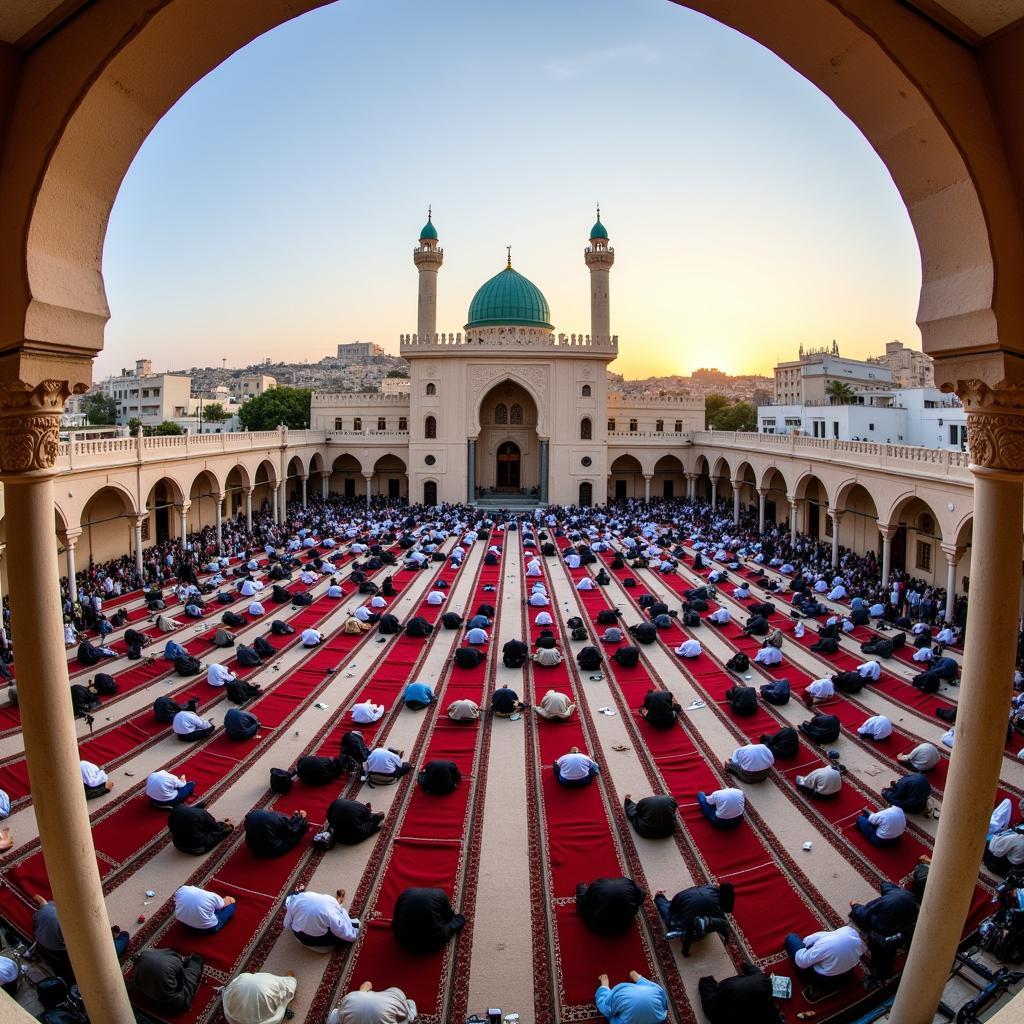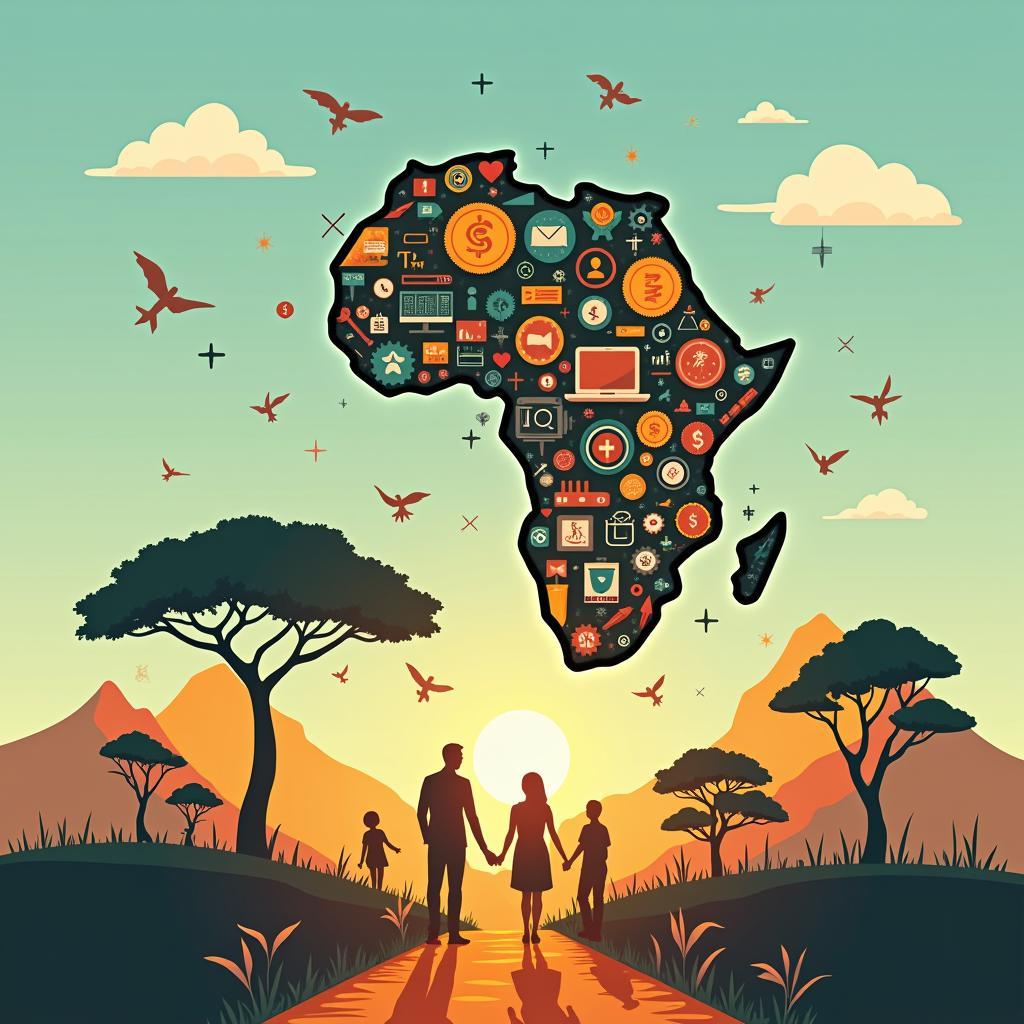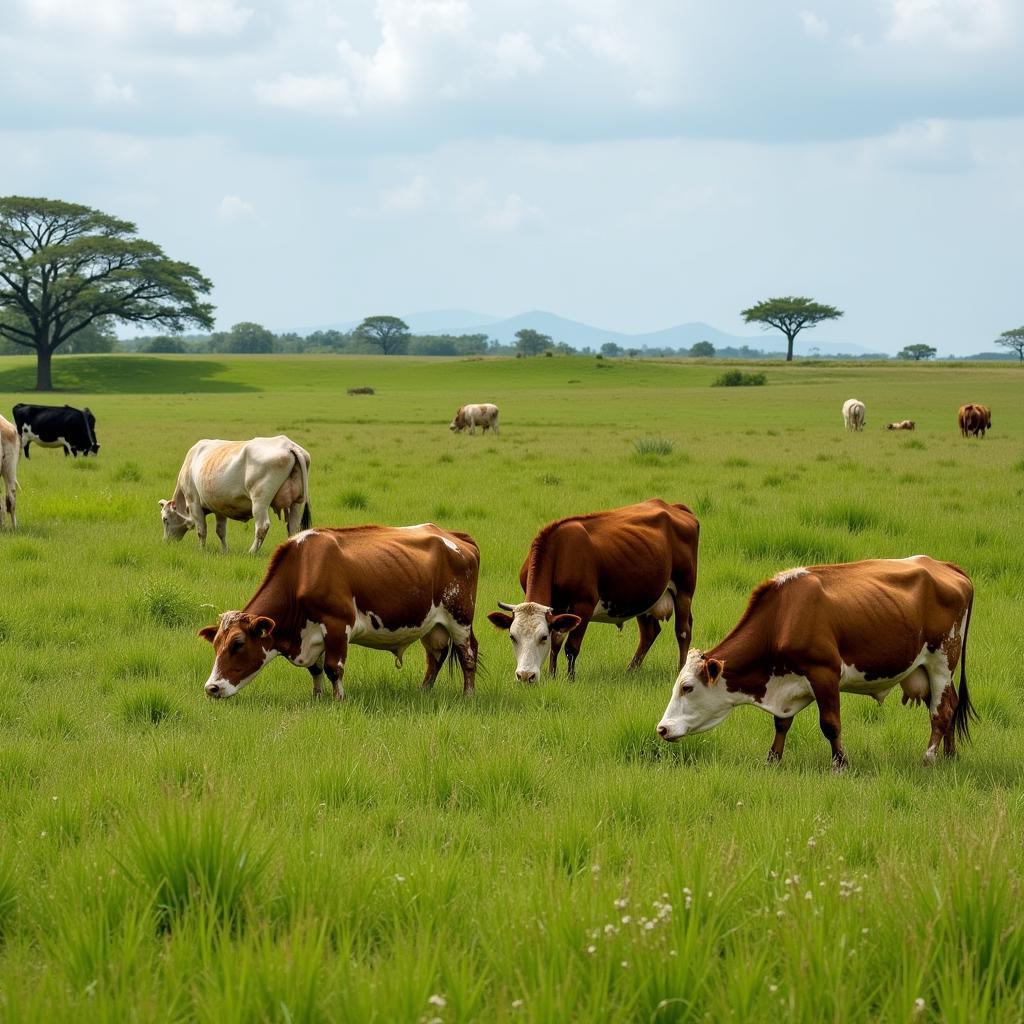African Folklore: Exploring the Rich Tapestry of African Stories
African Folklore is a vibrant and rich tapestry of stories, myths, legends, and traditional beliefs passed down through generations. These stories offer a window into the soul of Africa, revealing the values, wisdom, and cultural heritage of its diverse people. From the ancient tales of the Ashanti in Ghana to the captivating narratives of the Zulu in South Africa, African folklore is a testament to the power of storytelling and its ability to shape cultures and inspire generations.
Understanding African Folklore
African folklore encompasses a wide range of stories, including:
- Myths: Explanations of natural phenomena, creation stories, and the origins of the universe.
- Legends: Tales of heroes, villains, and supernatural beings, often based on historical events or figures.
- Folktales: Entertaining stories that teach moral lessons, explore human nature, or preserve cultural traditions.
- Proverbs and riddles: Short sayings that convey wisdom, advice, or social norms.
- Songs and dances: Expressions of joy, sorrow, and cultural identity, often infused with stories and folklore.
The Importance of African Folklore
African folklore plays a vital role in shaping African cultures and societies. Here’s how:
- Preserving History and Tradition: Folklore serves as a repository of cultural memory, preserving historical events, traditions, and beliefs.
- Transmitting Values and Morals: Stories often teach important moral lessons, emphasizing values such as respect for elders, community spirit, and the importance of family.
- Encouraging Imagination and Creativity: Folktales stimulate imagination and creativity, inspiring artists, musicians, and storytellers to draw upon their cultural heritage.
- Building Community and Identity: Folklore provides a shared cultural experience, fostering a sense of belonging and community among people from different backgrounds.
Common Themes in African Folklore
While stories vary greatly across Africa, certain themes emerge as recurring motifs. These include:
- Nature and Animals: Many stories feature animal characters that represent human traits or embody the forces of nature.
- Supernatural Beings: Spirits, ancestors, and deities play a significant role in many African folktales, representing the unseen forces that influence human life.
- Trickster Characters: Cunning and mischievous characters often appear in stories, highlighting the human tendency for wit and cunning.
- Social Commentary: Folktales often offer social commentary, satirizing societal norms or highlighting issues of injustice.
“Folklore is not simply a collection of stories; it is a living tradition that continues to evolve and shape African cultures today,” says Dr. Abena Busia, an expert in African Literature and Folklore.
Exploring the Diversity of African Folklore
Africa’s vast size and diverse cultural landscape is reflected in the variety of folklore found across the continent. Here are a few examples:
- The Ashanti of Ghana: Their folklore is renowned for its trickster stories featuring Anansi, the spider, who is known for his cunning and wisdom.
- The Yoruba of Nigeria: They have a rich oral tradition filled with stories about gods, goddesses, and mythical creatures like the Orisha.
- The Zulu of South Africa: Their stories feature courageous warriors, powerful chiefs, and ancestral spirits that guide the living.
“Each African culture has its own unique stories and traditions, which reflect their individual histories, beliefs, and experiences,” shares Mr. John Mbombe, a prominent storyteller from South Africa.
Conclusion
African folklore is a rich and diverse cultural heritage that continues to captivate audiences worldwide. It offers insights into the values, beliefs, and history of Africa’s diverse people. By exploring these stories, we gain a deeper appreciation for the ingenuity, creativity, and resilience of African cultures.


